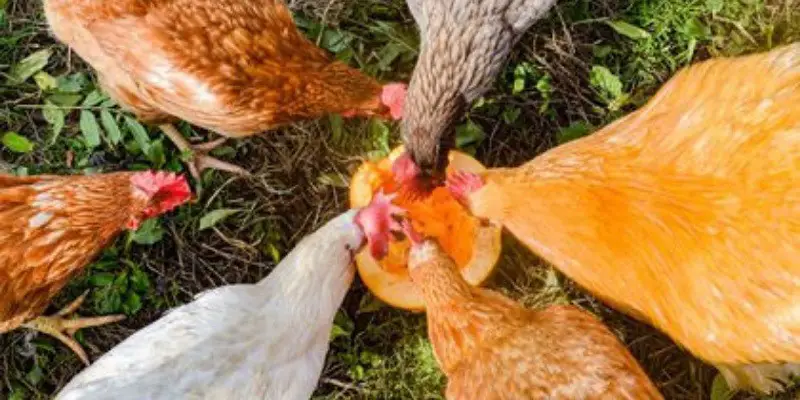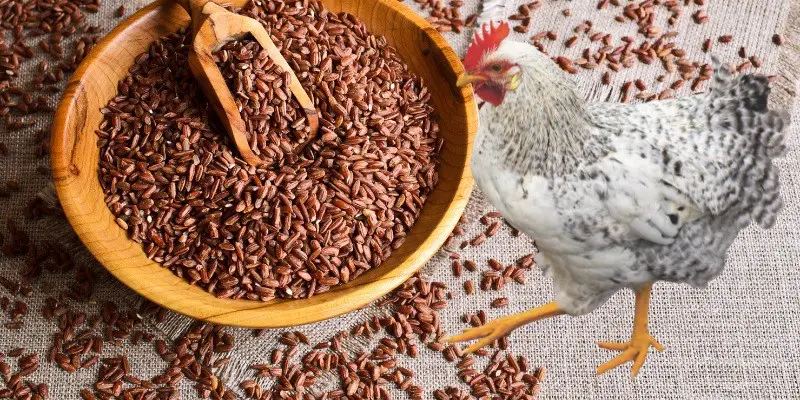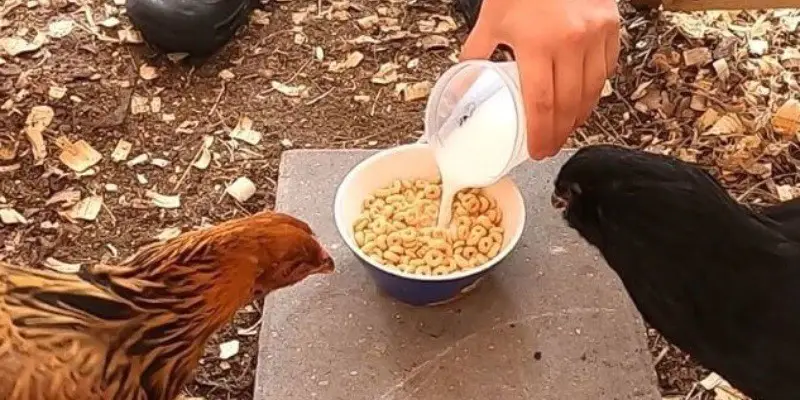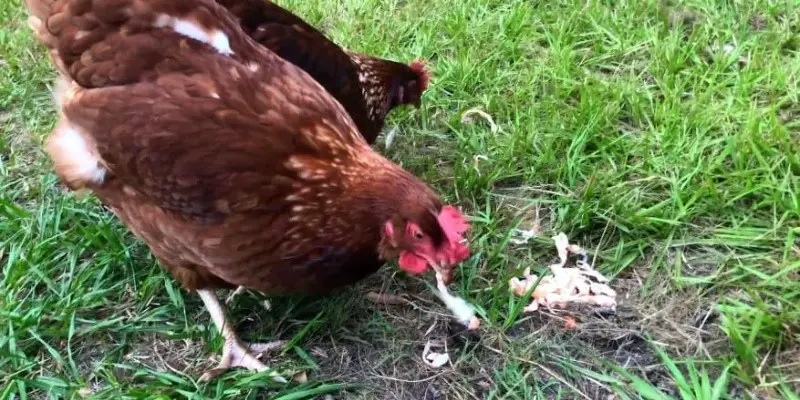Chickens are omnivorous, meaning they can eat both plant and animal food sources. If you leave them in your backyard, you will see them plowing the soil and pecking at anything they find, from grass, bugs, seeds, worms, and small lizards.
Chicken can eat about anything they catch in their beaks. Though they eat almost everything they come across, chickens, just like humans, are picky eaters. There are foods they will happily enjoy while others they will not be interested in.
Since chickens are curious birds, they will run at anything you throw to them and peck it. If they dislike the food, they will leave it there and walk away dissatisfied. If you wonder if chickens can eat oranges, read on more.
Can Chicken Eat Oranges?
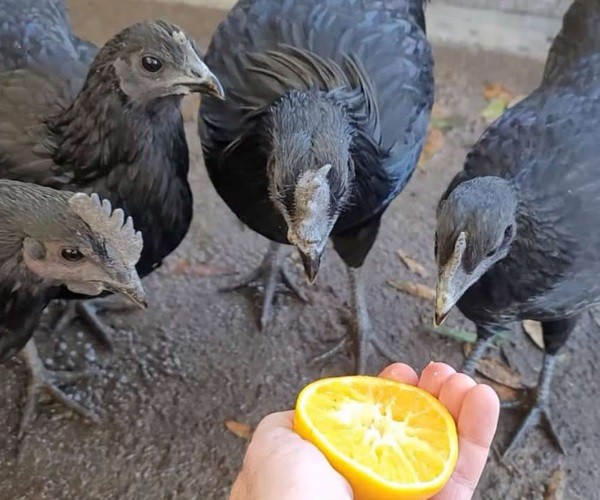
Oranges are among the most popular fruits worldwide. They are a rich source of vitamin C and have many other health benefits. With their omnivorous state, you will wonder what chickens can and cannot eat. The general rule is that if you can eat anything safe for you, your chicken can eat it too.
Some sources believe that chicken should not be fed with oranges because they fall among the citrus food. Not that oranges are harmful or toxic, but the scent of citrus fruits puts off the chicken. The fact that chickens can eat oranges does not mean that they enjoy eating them. For example, your chickens reject oranges with a powerful smell.
If you have to feed your chicken with oranges, they should only be given as a treat and not something they occasionally get as their staple food.
Can Chickens Eat Orange Peels?
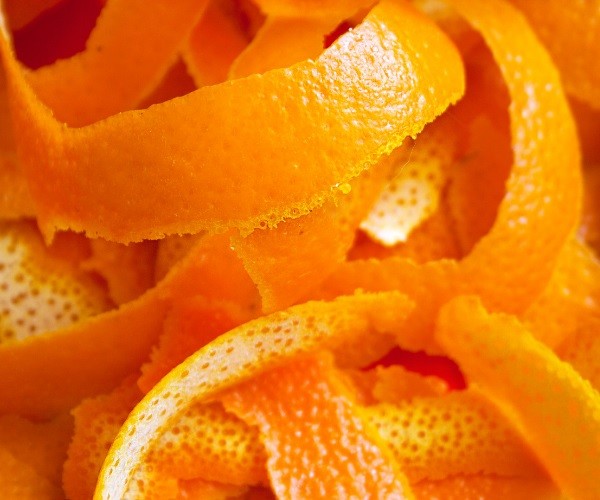
As a chicken farmer, you already know you should not feed things like avocado peels to your chicken. What about orange peels?
Orange peels are nutritious though not tasty like the freshly part. However, your chicken may want nothing to do with the orange peel. As much as they hate the orange pulp, their hate for the orange peel may be more. Orange peels are hard and thick. It might cause digestive problems when the chickens feed on the peels.
Some people believe that oranges and orange peels are bad for chickens because of their acidity. The acid can upset a chicken’s digestive system by messing up the good and bad bacteria balance.
Though this acid theory is not scientifically proven, there are a lot of conflicting stories about what chickens should or should not eat. This is because some people believe that the acidity in oranges is good for killing the bad bacteria.
Are Oranges Safe For Chickens?
Oranges are not toxic for chickens. However, a few chicken breeds may be sensitive to oranges due to citric acid and vitamin C. A combination of acidity and vitamin C can cause excessive feather plucking or preen on your chickens.
Also, the citric acid in oranges can interfere with calcium absorption. This can be noted in layers, and you will see it in their eggs. Interference with calcium absorption will lead to low calcium levels, which will lead to a drop in the production of eggs. The egg quality will also be poor with thinner shells.
Despite the few disadvantages, oranges are a great treat to your chicken, and when given in moderation, you are less likely to experience all these allegations. Another downside of feeding chickens oranges is that they have too much sugar, which is not suitable for their health. Therefore, oranges should be given in small amounts because when eaten in excess will lead to unfavorable circumstances.
What are the Nutritional Benefits of Oranges to Chickens?
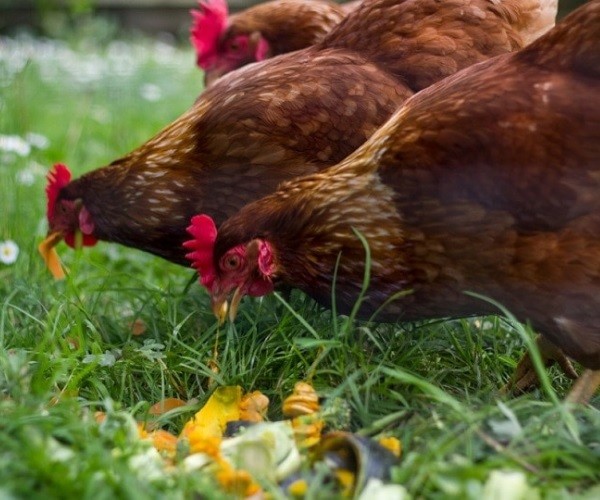
Oranges are a rich source of vitamin C. However, chickens do produce enough vitamin C on their own. Some chickens will eat oranges while others won’t. You don’t have to force your chicken to eat orange scraps for vitamin C. they will be fine if they don’t eat oranges.
Oranges also have potassium, calcium, fiber, and vitamins A & B. These nutrients are ideal for the health of your chickens. It’s a plus if your chickens enjoy eating oranges.
Other benefits of oranges to your chickens include:
- Improved vision: Oranges are rich in vitamin A, vital for mature aging chickens. Vitamin A enhances your chicken’s vision by enabling the eyes to absorb enough light by keeping the membranes around the eyes healthy.
- Lower Cholesterol: Oranges have soluble fiber that aids in reducing cholesterol levels in chickens. The soluble fiber absorbs enough water in the gut to form a slow-moving gel that passes through the intestinal tract gathering all the excess cholesterol elements and getting rid of them through the fecal waste. This lowers cholesterol levels, drastically minimizing the risk of heart-related problems.
- Healthy immune system: Vitamin C enhances a healthy immune system for your chicken by preventing common diseases and other infections. Your chickens will have a healthy life by feeding them oranges.
How to Feed Your Chickens Oranges
If your chickens love the taste of oranges, they will not eat the entire orange. Chickens do not have teeth. They cannot bite, tear, or chew their food. As a chicken owner, you will help them eat oranges by cutting them into small pieces that they will easily swallow.
You don’t have to peel the oranges, and you can chop them into tiny pieces. One way of making sure the chickens eat oranges is by combining them with their feeds.
Alternatively, you can chop the peels and cut them into small pieces that the chicken can swallow without any problem.
Before giving oranges to your chicken, ensure they are washed thoroughly to remove any remains of pesticide residues that can harm them.
Conclusion
Just like humans, chickens can eat most of the things we eat. So yes, chickens can eat oranges. However, not all chickens will prefer the taste of oranges. If your chickens love oranges, give them this tasty treat. However, some people are against chicken-eating oranges.
This is because of their acidity and high levels of vitamin C that can make them start pulling out their feathers and reduce the quality of eggs by laying eggs with a thinner shell; none of this information is scientifically proven.
Last Updated on January 14, 2025 by Pauline G. Carter

